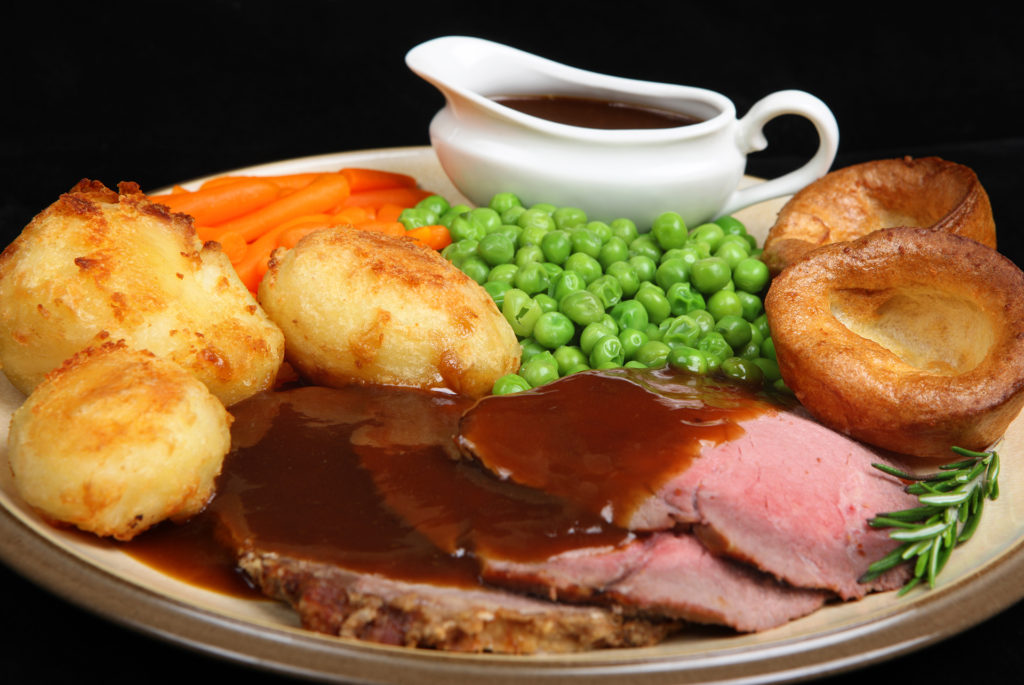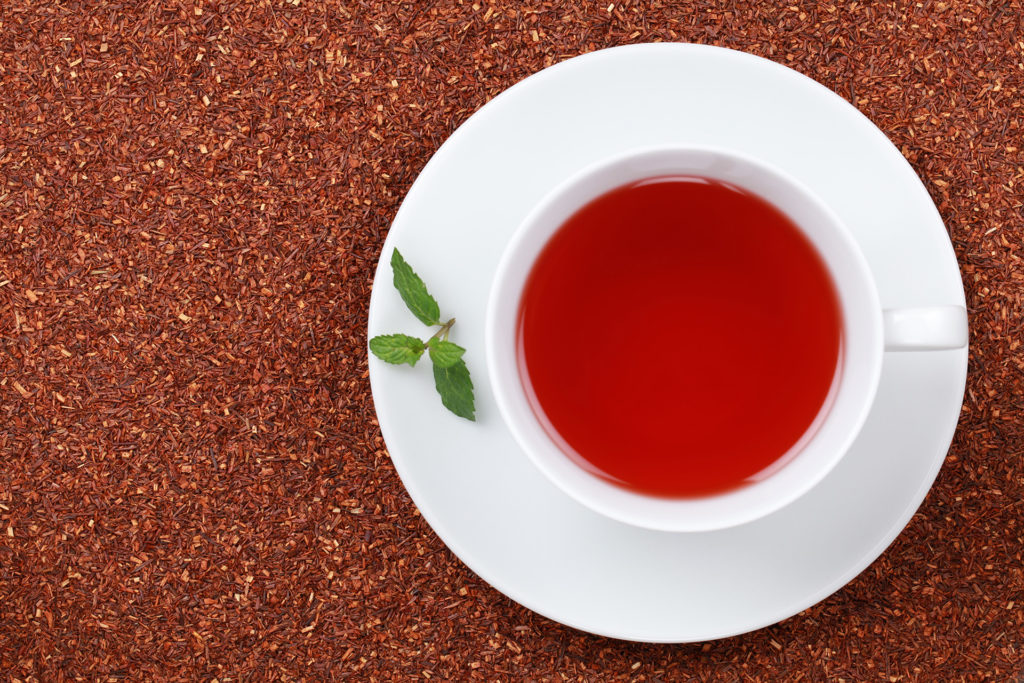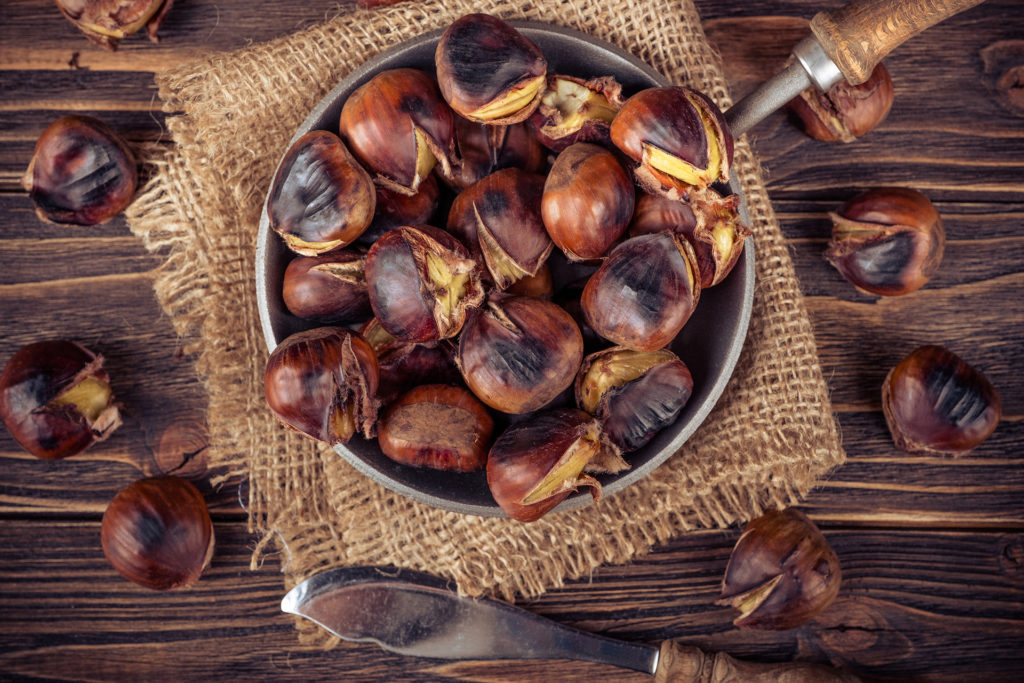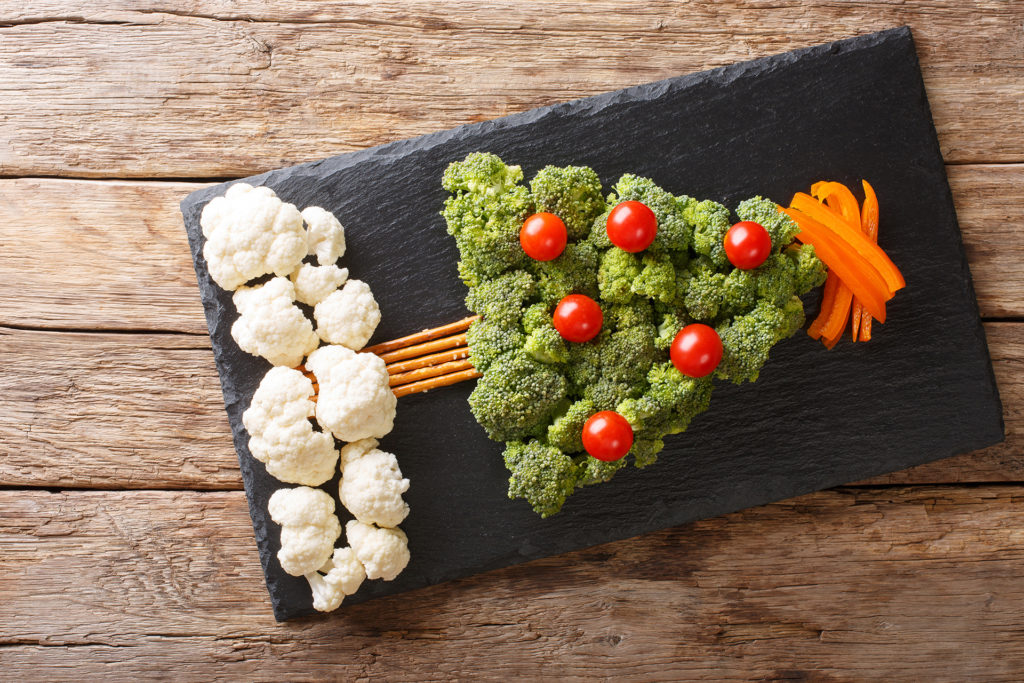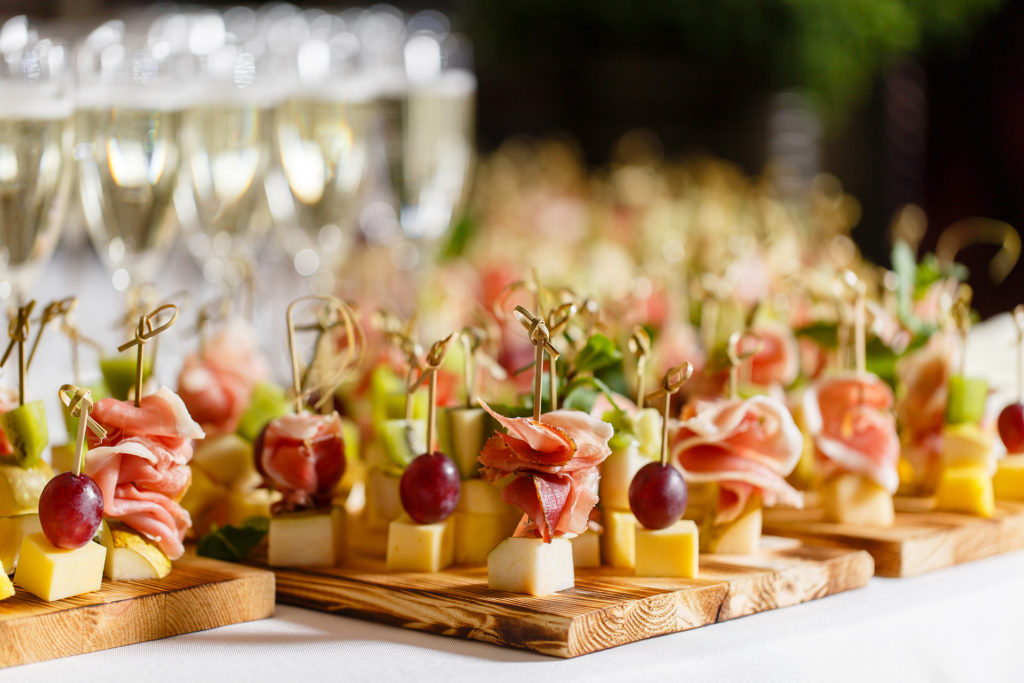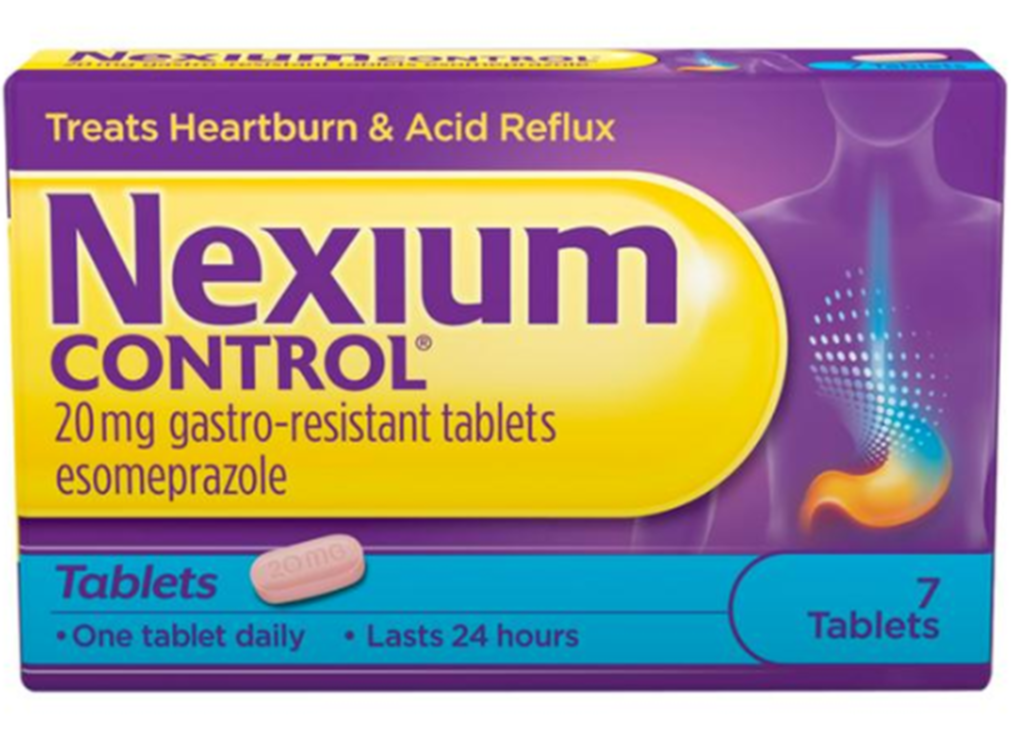Worried About Heartburn At Christmas? We Can Help!
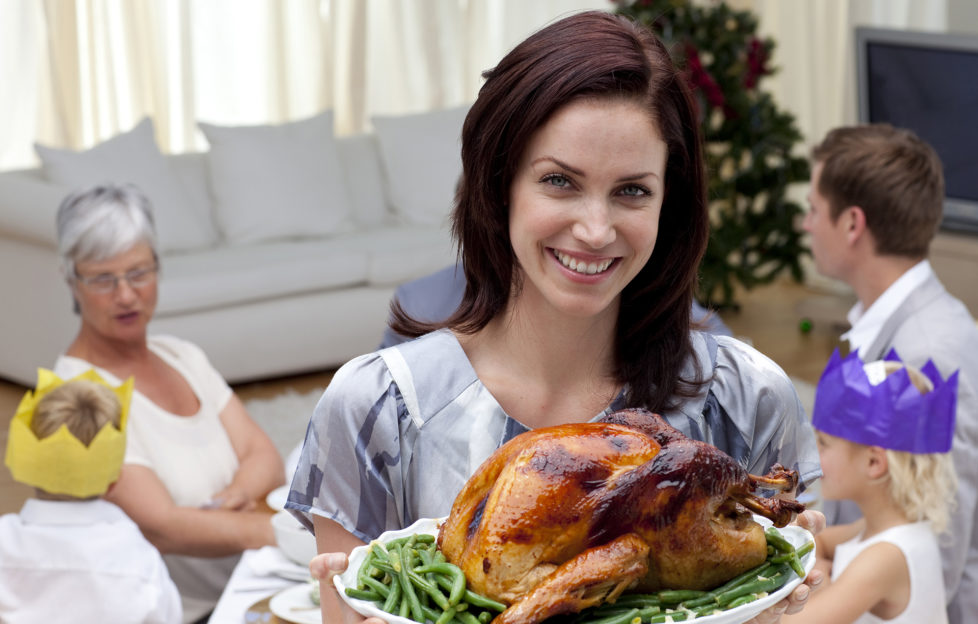
By expert nutritionist Lily Soutter.
Why do we start to get food cravings in winter and how can this impact heartburn?
As the winter months draw in, few of us find comfort in leafy salads! In fact, it’s totally normal to gravitate towards heavy, stodgy comfort foods to try to make us feel warm and cosy. Some theories have suggested that these cravings may be an evolutionary trait, as calorie and carb rich foods provide an instant source of fuel to heat the body. Comfort foods may also trigger a temporary release of serotonin, which can be particularly appealing since our moods can be affected by the cold. However, these foods can have an unwanted impact on our waistline and health.
Christmas food is full of comfort. Increased temptations for high fat foods as well as an element of nostalgia can lead to cravings. Comfort foods are usually highly palatable and can temporarily trigger the release of serotonin. This may be why people turn to comfort foods during darker and colder days, simply for the ‘feel good’ factor.
Recently sugar has been villainised, with some claiming that it may be as addictive as drugs. Of course, very few of us actually sit there eating whole blocks of sugar, in fact a bowl of sugar is rather unappealing to most. On the other hand, coming home to a warm mince pie can be much harder to resist!
What gives several comfort foods their moreish qualities is their high fat content combined with white refined carbohydrates or simple sugars. Whilst there’s nothing wrong with indulging on chocolate or a bag of crisps here and there, some people overly rely on these foods to boost or regulate mood, meaning they can easily be over consumed. For heartburn sufferers, a high intake of fat as well as over eating may be what is triggering their symptoms.
With regards to heartburn, what are the best and worst foods to eat and drink at Christmas?
Best
· Fruit or herbal teas – after dinner coffee may seem like the perfect way to end a Christmas meal but for those suffering from heartburn this hot beverage is likely to trigger those unwanted symptoms. On the other hand, warming herbal teas can make the perfect coffee replacement.
· Festive cranberries – Christmas doesn’t need to always revolve around citrus fruits such as satsumas. Instead, try experimenting with other, non-citrus festive favourites such as cranberries.
· Roasted chestnuts – high fat snacks such as roasted peanuts are a common cause of heartburn. Instead, try switching your high fat nibbles for roasted chestnuts, which are nourishing and low in fat.
· Turkey breast – lean meats such as turkey breast are low in fat. Since fat can be a common heartburn trigger, this can make the perfect choice of meat.
· Christmas vegetables – potatoes, broccoli, carrots, kale and parsnips are all naturally low in fat, meaning they are unlikely to trigger heartburn. Try steaming or boiling them and avoid adding heavy high fat sauces to your vegetable dish.
Worst
· Coffee – this can be our go-to drink after our Christmas lunch but is thought to relax the lower oesophageal sphincter, which may allow acid to escape and cause heartburn.
· High fat canapés and festive cheese – definitely a favourite at Christmas time but these can be packed full of saturated fat. High fat foods can delay gastric emptying, which increases stomach pressure and in turn can cause heartburn.
· Christmas chocolates – a firm festive favourite however eating too many can be problematic. Due to the high content of theobromine found in chocolate, this may relax the lower oesophageal sphincter allowing stomach acid to escape into the oesophagus resulting in heartburn.
· Alcohol – we all love a tipple at Christmas but consuming too much alcohol has been found to relax the lower oesophageal sphincter, which may trigger heartburn. It has also been shown to slow motility, gastric emptying and increase acid secretion in the stomach, all of which contribute to heartburn.
· Spicy food – chilli and pepper have been identified as possible triggers for heartburn as they have been shown to increase gastric secretion.
· Fatty cuts of meat with skin – it can be hard to digest fatty cuts of meat and it can be a top trigger for those suffering with heartburn. High fat foods can delay gastric emptying, which increases stomach pressure and in turn can cause heartburn.
Nexium Control® tablets are available in packs of 7 and 14 at a RRP of £6.99 (7s) and £11.99 (14s) and Nexium Control® capsules are available in packs of 14 at a RRP of £12.99 (14s), from supermarkets and pharmacies nationwide. When taken over a course of 7 days or 14 days, the cost of each tablet works out as less than £1 per day. If symptoms persist or worsen after taking the medication for 14 days in a row, see a GP for further advice. Nexium Control 20mg gastro-resistant tablets and hard capsules for the short-term treatment of reflux symptoms (e.g. heartburn and acid regurgitation) in adults. Active ingredient: Esomeprazole. Always read the leaflet.
Nutritionist Lily Soutter is supporting Nexium Control’s Battle the Burn campaign, which encourages frequent heartburn sufferers to re-evaluate the impact heartburn is having on their day-to-day lives and take steps to manage it in a more positive and proactive way. To find out more, visit www.nexiumcontrol.co.uk/battletheburn.


